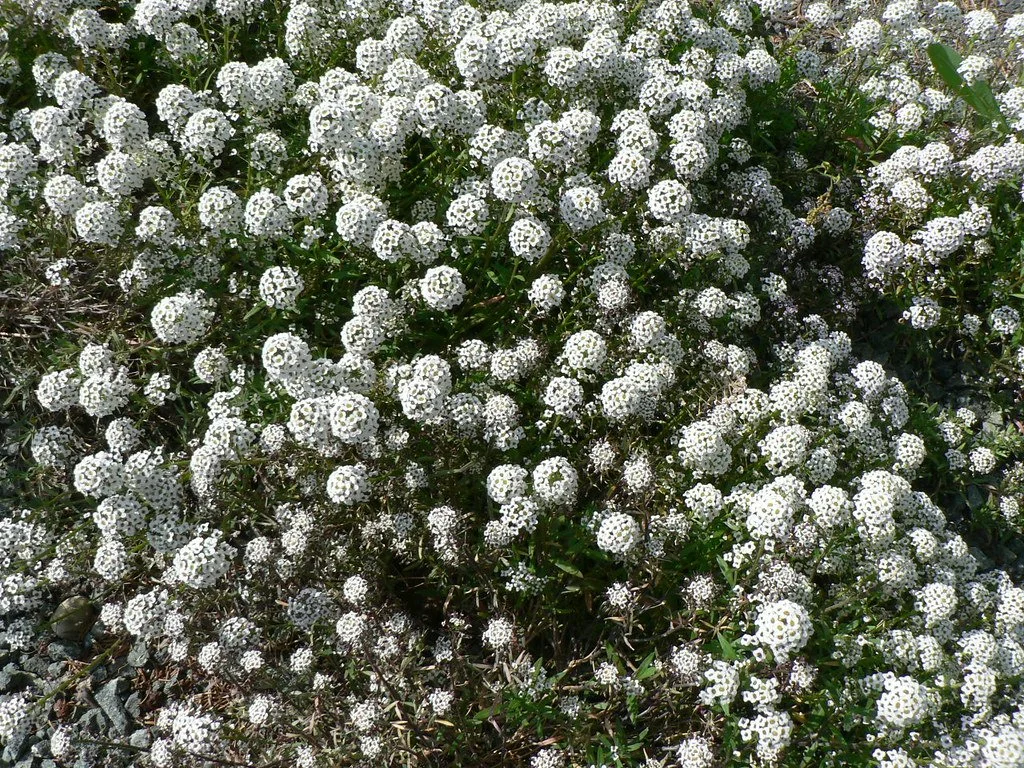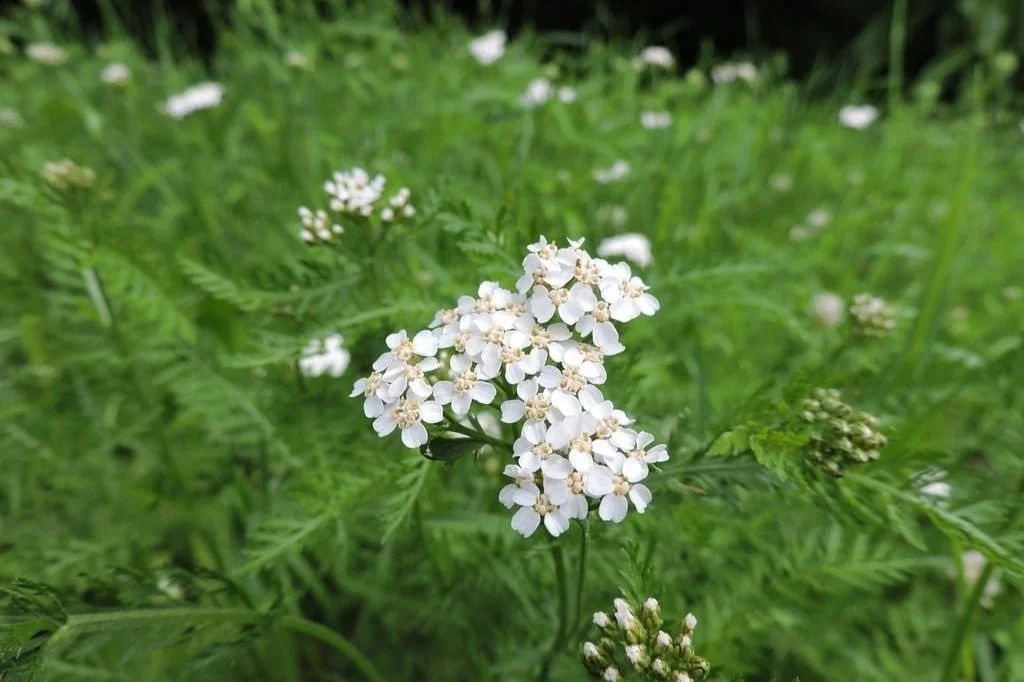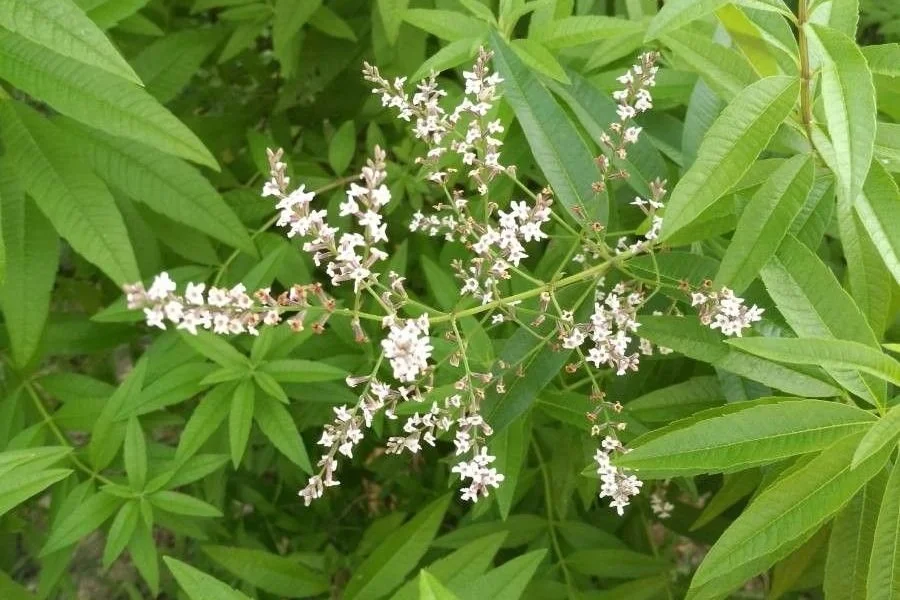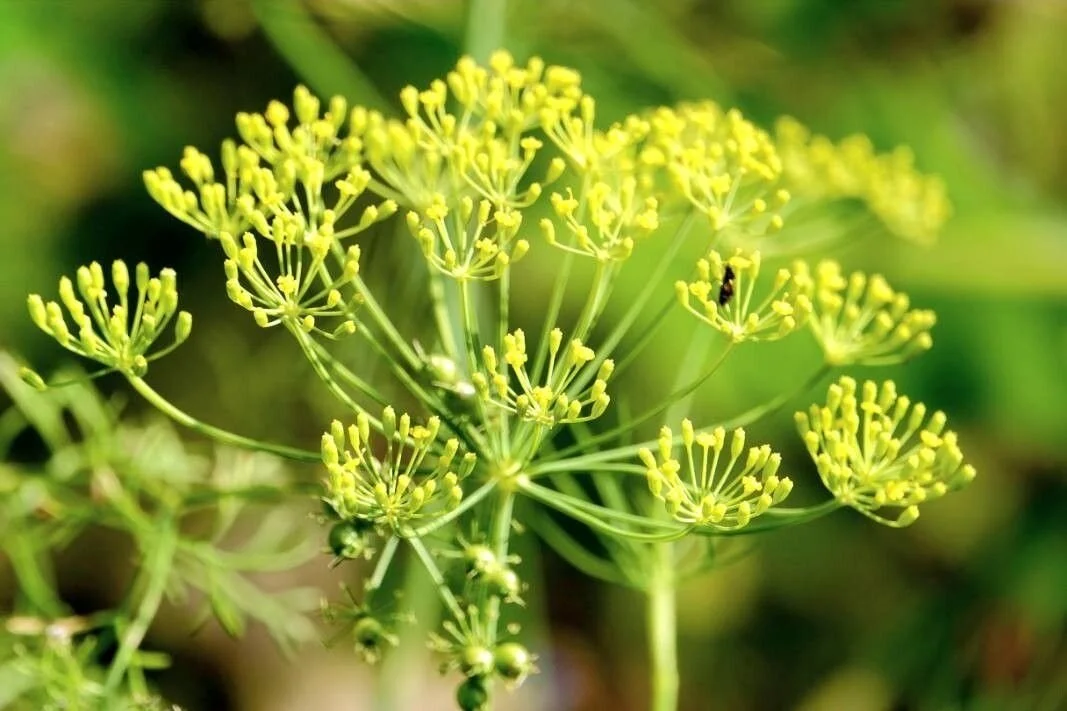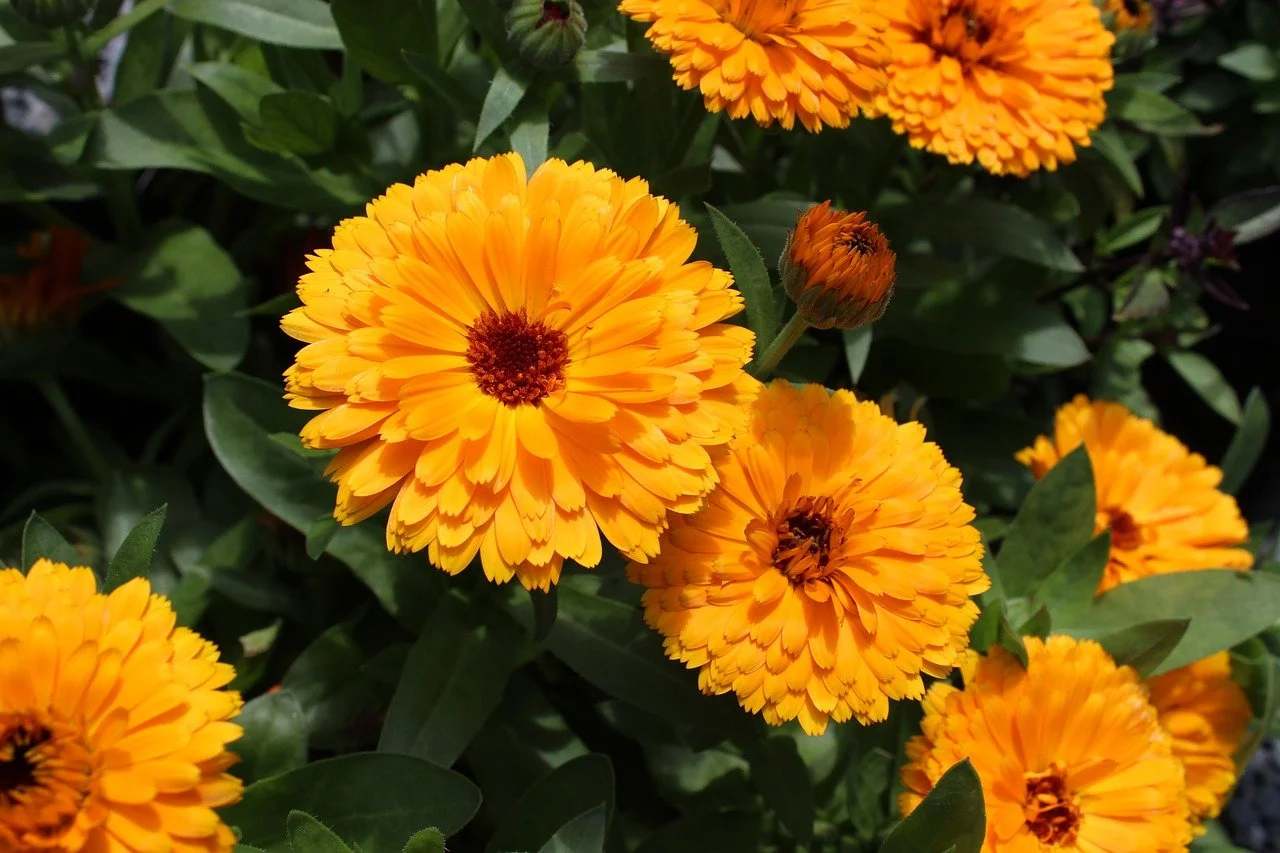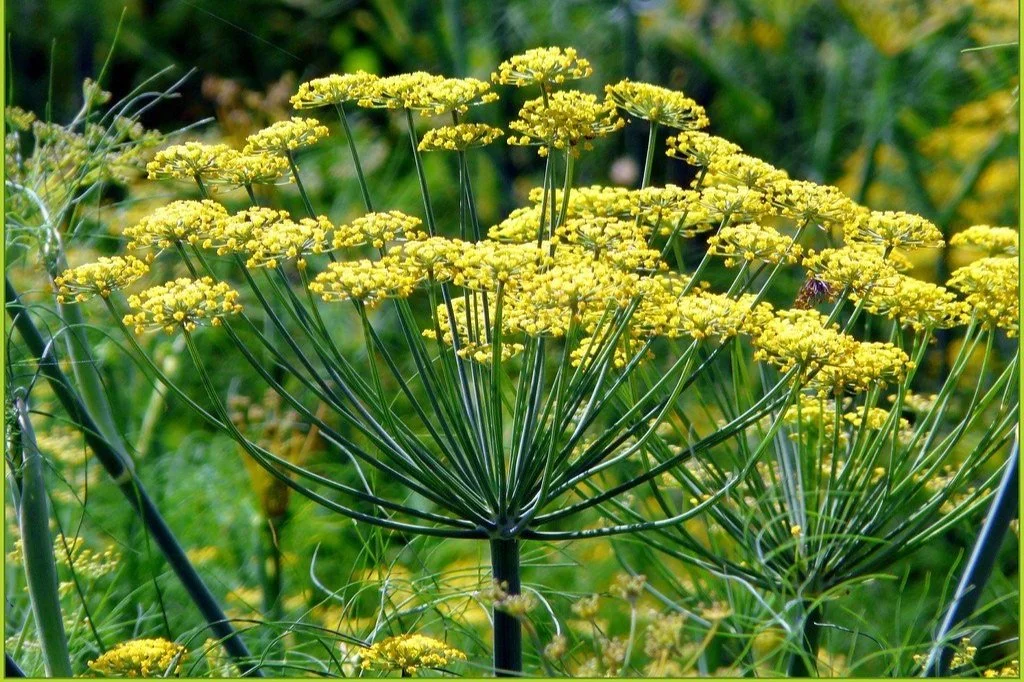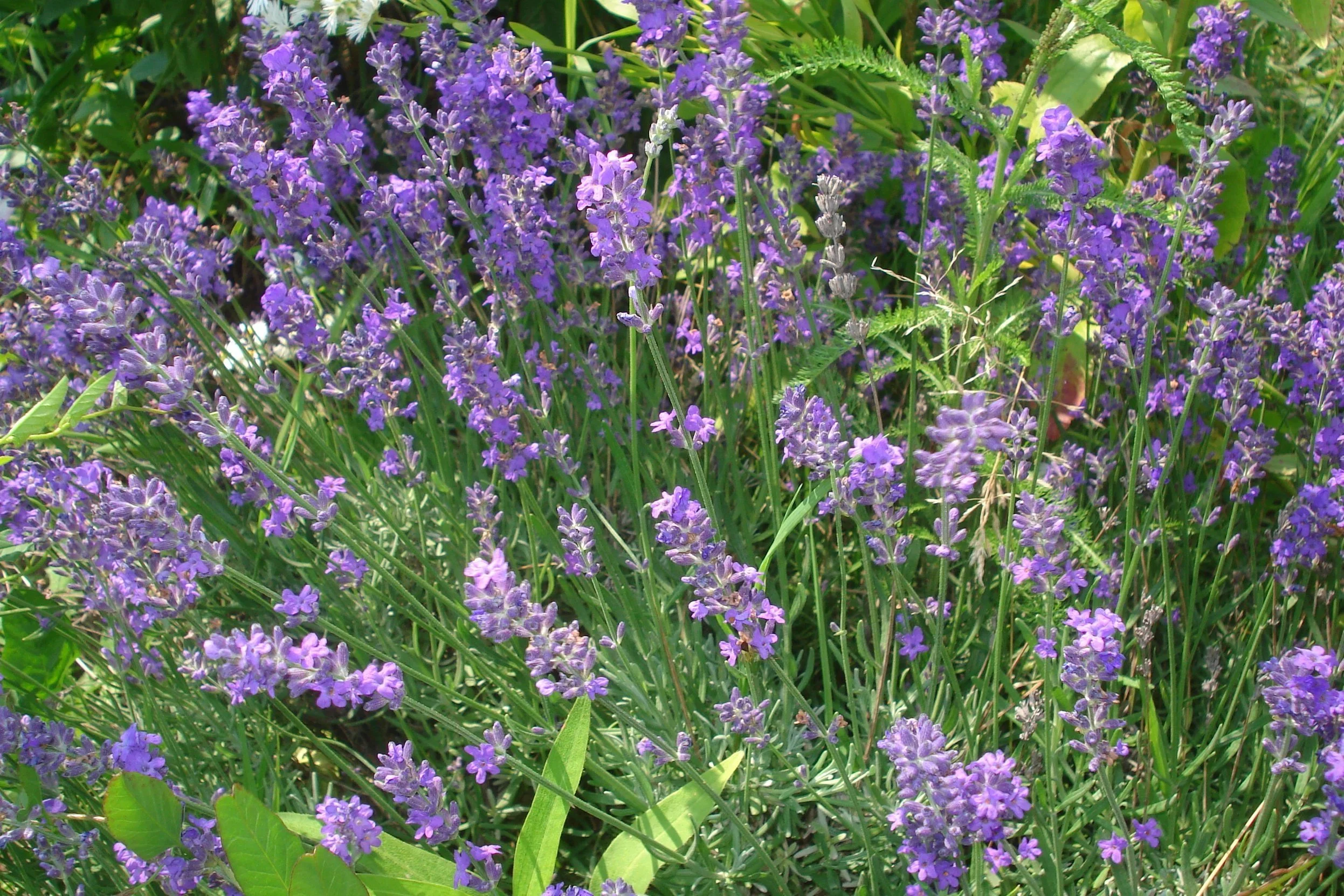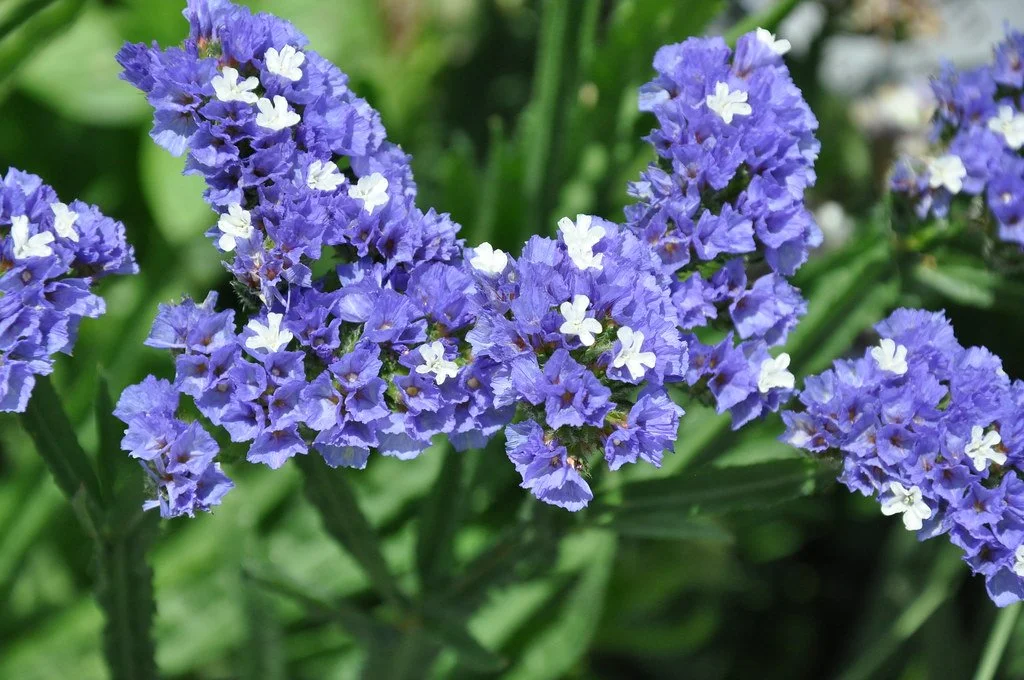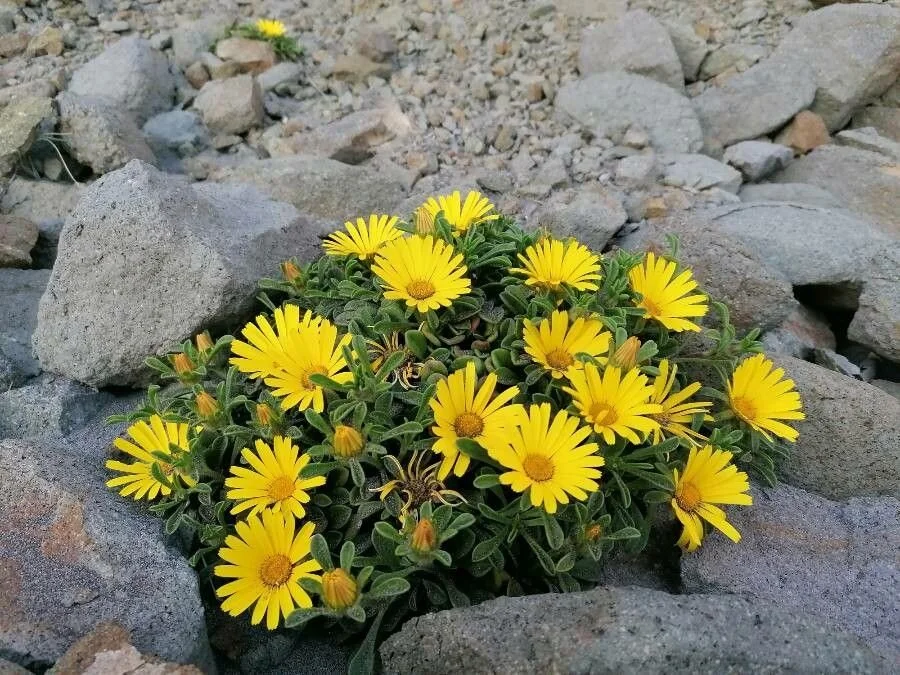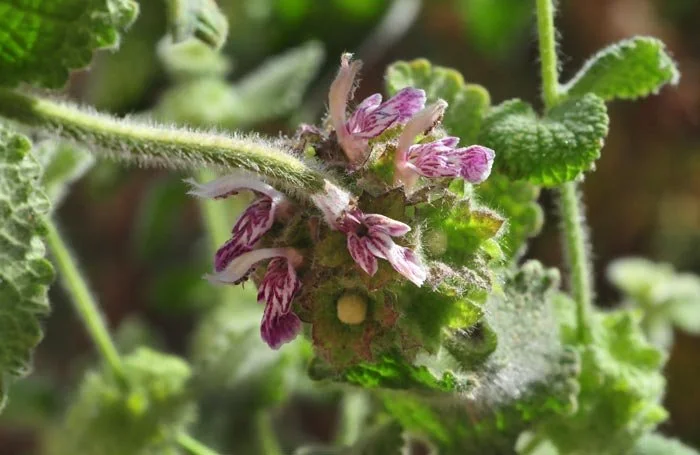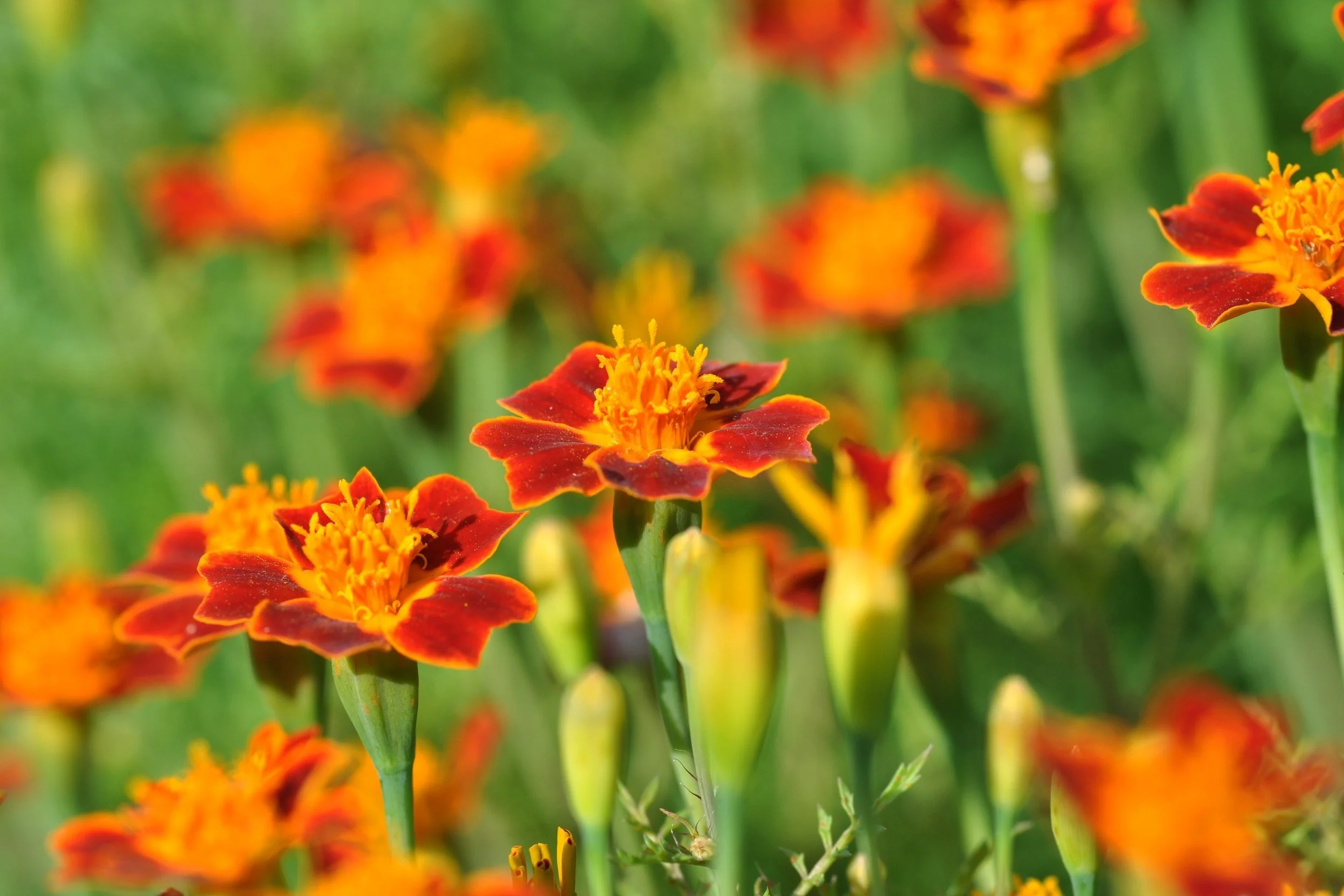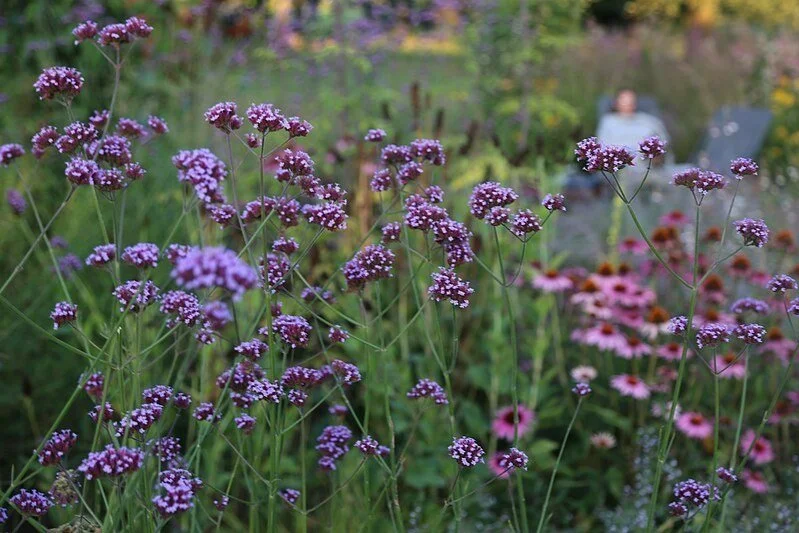Releasing Beneficial Organisms & Planting Refuge Flowers
Releasing Beneficial Organisms
Biological control involves releasing beneficial organisms to reduce pest populations to levels that do not cause significant damage. These organisms are released with the aim of reproducing in the environment, effectively controlling pests by mimicking nature's own methods for maintaining balance between pests and their natural enemies.
Biological control is a highly sustainable method for managing plant pests like aphids, red spider mites, whiteflies, mealybugs, and armored scales.
There are three main groups of beneficial organisms used in biological control: predators, parasitoids, and microorganisms.
In Europe, Koppert is the leading Research Center in biological control. Their website is very informative and you can buy their products in Southern Portugal at Messinagro (Faro, Tavira, Messines). Online, you can also buy their products on Planthiza.
Planting Refuge Flowers
Biological control also includes the use of refuge flowers, which play a crucial role by:
Supporting Beneficial Insects:
Refuge flowers provide essential nectar and pollen for many beneficial insects, including predatory insects, parasitic wasps, and pollinators. These resources help these insects survive and reproduce, maintaining healthy populations in the orchard.Attracting Pests Away from Crops:
Certain refuge flowers can attract pests, drawing them away from the main crops. This reduces pest pressure on the crops, making it easier for beneficial insects to control pest populations effectively.
We rely on extensive research conducted by the Koppert Dutch laboratory to select "refuge" flowers suitable for Mediterranean climates.
Lobularia maritima
(Sweet Alyssum)
A Champion for Biological Control!
Lobularia maritima is a low-growing flower that reaches a height of 20 cm. Its white, edible flowers cover the plant and have a long flowering period, providing pollen over an extended time, which supports the feeding and development of beneficial insect populations. Including Sweet Alyssum in your garden can enhance pollination and contribute to biological pest control. In warm climates, it is perennial, but even in other climates, it can self-seed easily, allowing it to reappear year after year.
Lobularia maritima serves three key roles:
Reservoir Plant: It acts as a reservoir for predators and parasitoids, such as ladybugs and predatory wasps or mites, which can help control pests like thrips and aphids.
Trap Plant: Its pollen attracts pests, which then inhabit the Lobularia instead of the main crop, reducing damage to the primary plants.
Attracting Pollinators: This flowering plant attracts various pollinators, including hoverflies and beetles, as well as beneficial insects like ladybugs and predatory wasps, which help control garden pests.
Other Selected Species
Koppert Laboratory has selected several species for biological control in Mediterranean climates. Here is a short list of flowers that you can add to your garden.
Achillea millefolium
(Yarrow)
Aloysia citrodora
(Lemon Verbena)
Anethum graveolens
(Dill)
Calendula officinalis
(Marigold)
Coriandrum sativum
(Coriander)
Foeniculum vulgare
(Fennel)
Lavandula angustifolia
(Lavender)
Limonium sinuatum
(Statice)
Lotus creticus
(Bird’s-foot Trefoil)
Pallenis maritima
(Beach Daisy)
Pseudodictamnus hirsutus
(False Dittany)
Rosmarinus officinalis
(Rosemary)
Ruta graveolens
(Ball Rue)
Salvia officinalis
(Sage)
Tagetes tenuifolia
(Signet Marigold)
Thymus vulgaris
(Thyme)
Verbena officinalis
(Lemon Verbena)
This article was compiled by Miguel COTTON.
If you have any questions or suggestions, do not hesitate to contact us. miguel@orchardofflavours.com


